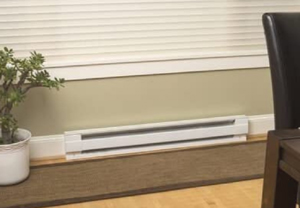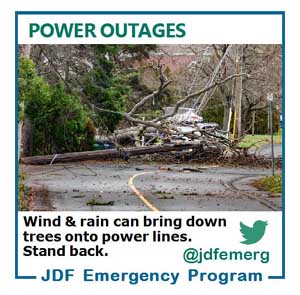Tuesday December 28, 2021 | VANCOUVER ISLAND, BC [Updated December 29, 2021 & January 19, 2022]
by Mary P Brooke | Island Social Trends
On the Monday of the Christmas long-weekend, BC set a new record for peak electricity demand on BC Hydro’s system.
The peak moment was yesterday evening, December 27. BC Hydro is attributing that usage level to the extreme low temperatures in many parts of the province. Cold weather set in on Friday, with snow every day since. More snow is expected tomorrow night into Thursday.
It’s been relatively ‘quiet’ snowfall without strong winds. As of this evening at 7 pm, there is only one outage on South Vancouver Island (in the James Bay area) impacting 128 BC Hydro customer addresses.
Peak at dinner hour:
The peak was seen between 5 and 6 pm when demand for electricity hit an all time high of 10,902 megawatts. That surpassed last winter’s peak usage of 10,577 megawatts as set on January 14, 2020 at 6 pm (as well as the previous records of 10,302 megawatts set on January 13, 2020 and 10,194 megawatts set on January 3, 2017).
Monday’s hourly peak demand was 18 per cent higher than Friday’s.
“The record represents the hour when demand for electricity was the highest yesterday,” says Simi Heer, BC Hydro spokesperson. “Most of the increase is likely due to additional home heating required during this cold snap.”
Winter usage higher than summer:
The highest summer peak usage was this past summer of 2021 on three consecutive days, seeing 7,972 megawatts used on June 26 during the first full day of the heat dome in BC, and then 8,106 megawatts on June 27, and 8,516 megawatts on June 28.
Electric heat is costly:
Heating electrically is one of the most costly ways to heat a home. Baseboard heaters are highly inefficient as they use a lot of power but don’t force or circulate the air, leaving a room unevenly heated and probably resulting in higher usage as a way to maintain heat.
Overall increase since Friday:
In addition to the peak demand record on Monday, BC Hydro has observed on an overall increase in electricity demand since Friday, as people stayed home for the Christmas long weekend (Christmas Eve December 24, Christmas Day December 25, Boxing Day December 26, and Monday became a statutory holiday).
People are likely home even more during this holiday season as part of keeping distance from others during the ongoing COVID pandemic. That would likely push up use of electronics and home appliances (cooking and washing) as well as heat.
Manage your usage:
“BC Hydro has enough supply options in place to meet increasing electricity demand,” adds Heer. “However, if British Columbians want to help ease some of the demand on the system during peak times, we encourage shifting activities like doing laundry or running dishwashers to earlier in the day or later in the evening.”
BC Hydro is also offering energy conservation tips for people looking to lower their electricity use and their electricity bills:
- Manage your home heating actively by turning the heat down when no one his home or when everyone is sleeping. Consider installing a programmable thermostat to automatically adjust temperatures at different times based on your family’s activities. BC Hydro recommends the following temperatures:
- 16 degrees Celsius when sleeping or away from home
- 21 degrees Celsius when relaxing, watching TV
- 18 degrees Celsius when doing housework or cleaning
- Avoid cranking up the thermostat – it does not heat the home up faster than turning it up a degree or two at a time.
- Keep windows covered with blinds and drapes for an extra layer of window insulation. Window coverings can be a quick and cost-effective way to cut heat loss and block cold drafts.
- Draft-proof your home to reduce heat loss. Use caulking and weather stripping to seal gaps and cracks around doors, windows and outlets to prevent heat from leaking out and cold air from coming in.
- Use energy-efficient lighting and put timers on your outdoor lights, including holiday lights, so they do not remain on the entire day.
- Try washing your clothes in cold water only (unless sanitizing for COVID) or turning off the heat-dry function on your dishwasher.
===== RELATED:
BC Hydro: heat wave generates peak summer electricity usage (June 29, 2021)
Going all-out with holiday lighting bumps up electricity usage (December 24, 2020)
Electricity during the COVID-19 pandemic: usage, payments (March 28, 2020)
Snowstorm impacts in December 2020 (December 21, 2020)








